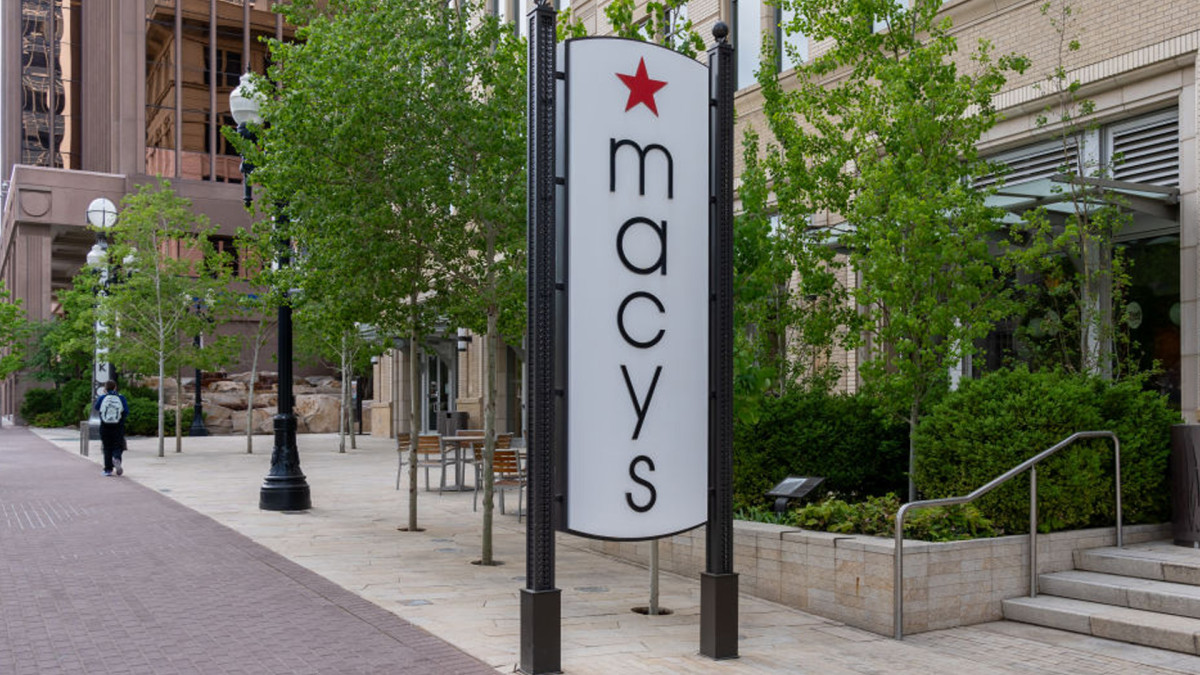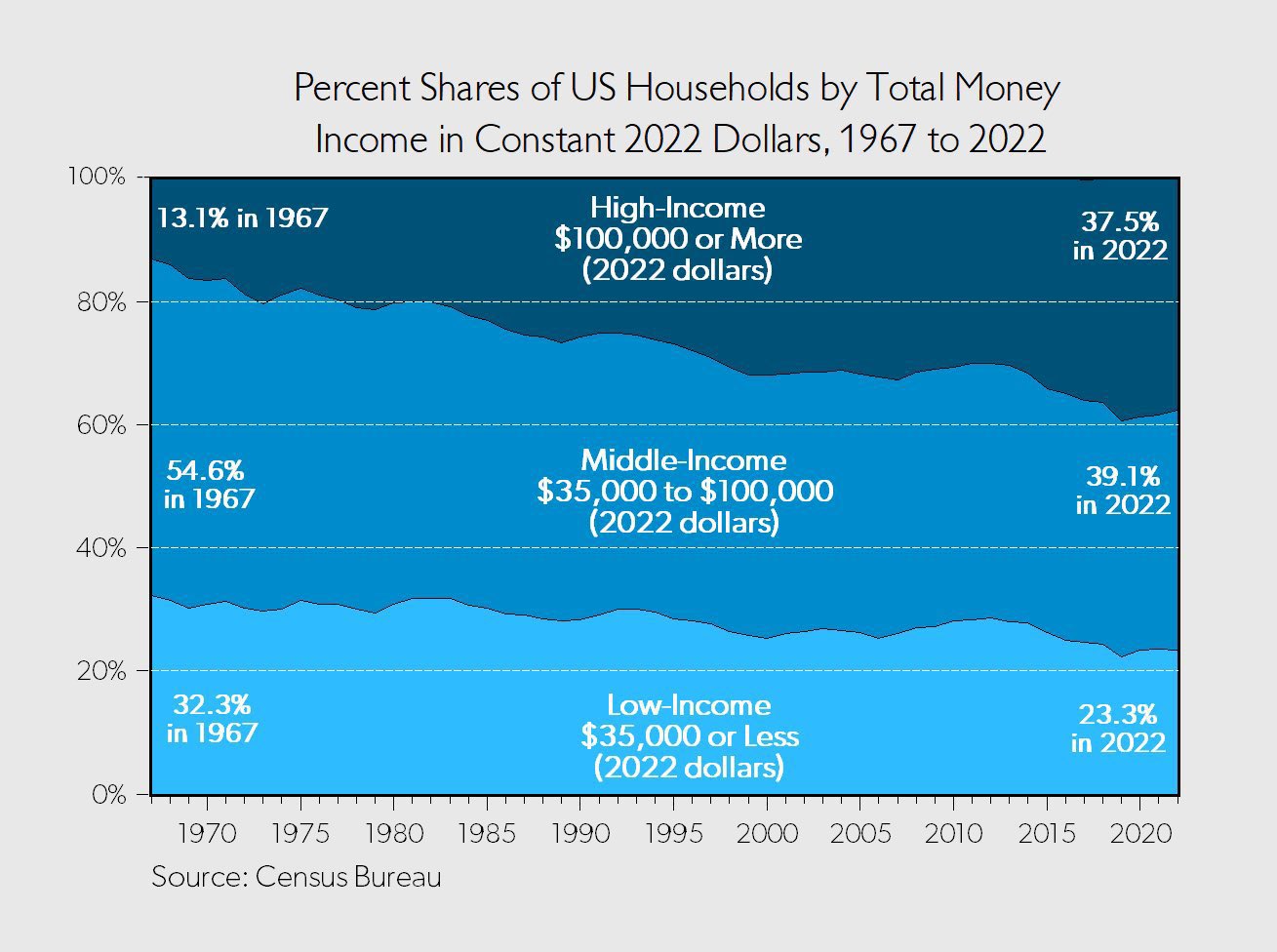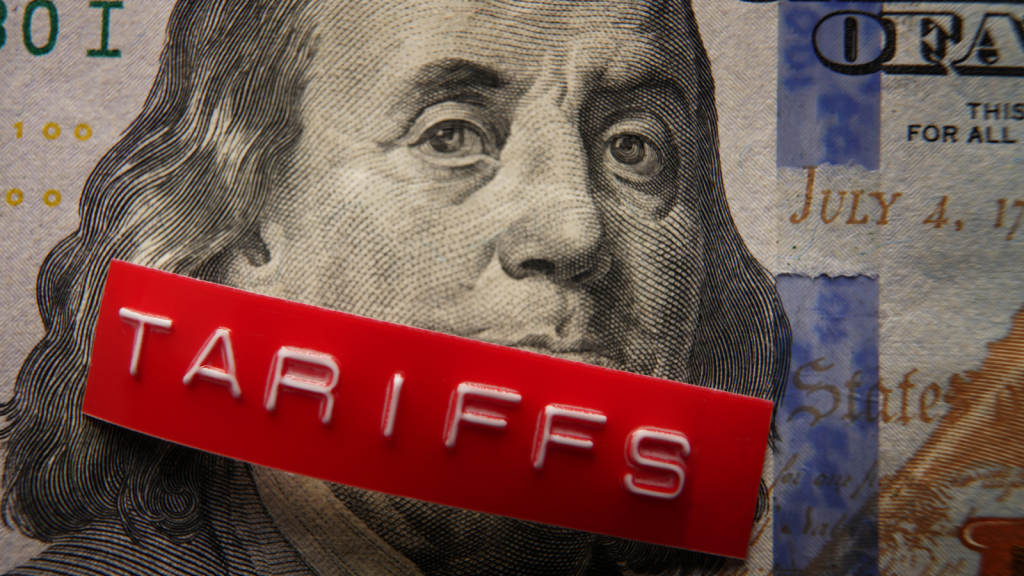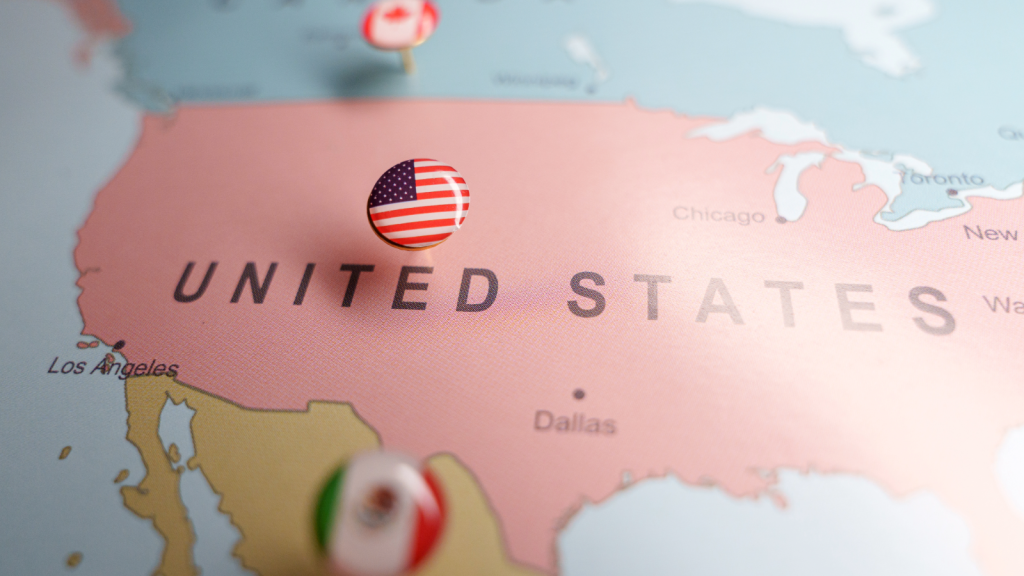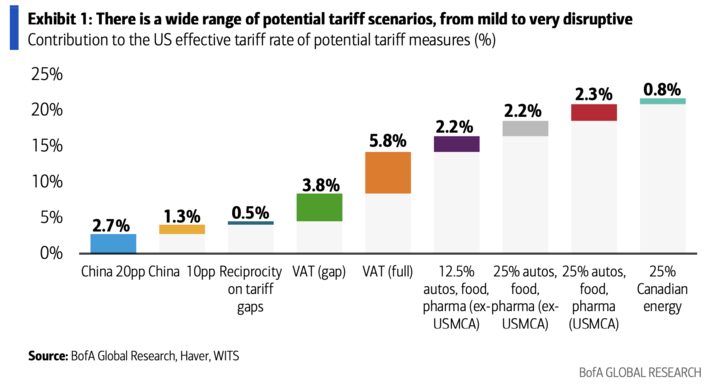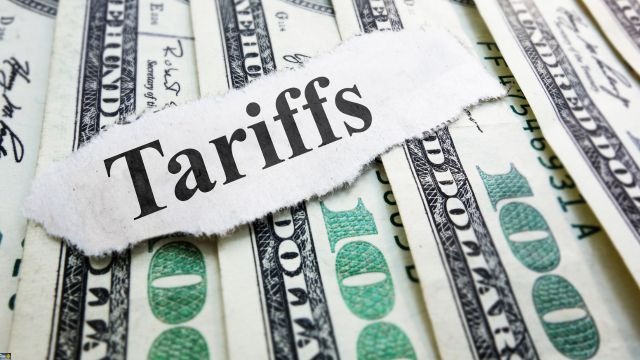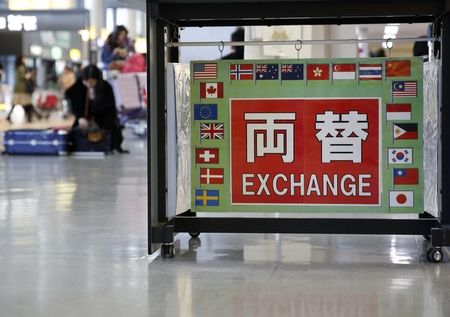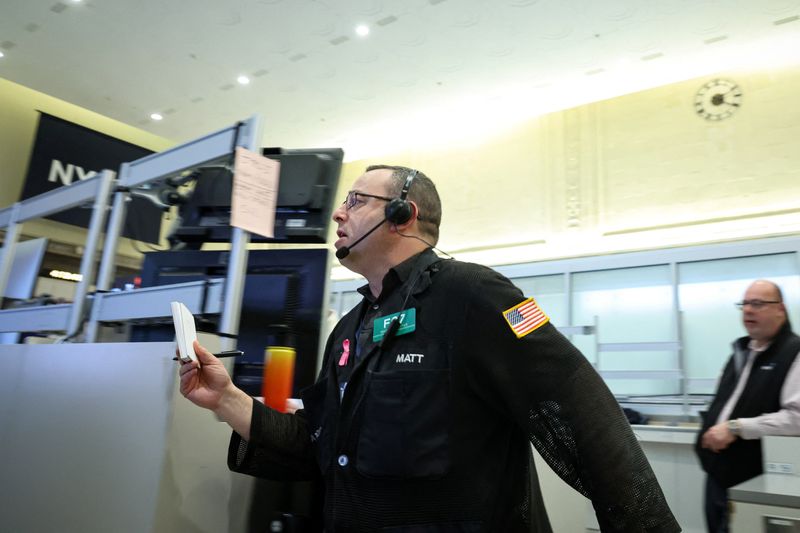The new workplace trade-off: Employers are offering ‘recharge days’ to soften the blow of return to office
As leaders increasingly order staff back to the office, they’re sweetening the deal by giving them some time back.

Henry Ford brought the 40-hour workweek to the Western world nearly a century ago, believing that giving workers eight hours of labor, eight hours of recreation, and eight hours of rest would improve retention and morale.
However, between commutes, school runs, and last-minute holdbacks at the office, it took a pandemic-induced global shutdown to realize that 8-8-8 had slowly morphed into something more like 12-6-6. Working from home briefly allowed workers to claw back some of that time.
Now, as leaders increasingly order staff back to the office, they’re sweetening the deal by giving them some time back.
Jackson Healthcare (No. 99), Intuit (No. 78), Sheetz (No. 40), and many others provide workers with wellness centers where they can exercise, receive nutrition advice, or even talk through their mental health struggles.
Nonprofit health care provider Wellstar Health System (No. 93) has an extensive range of benefits aimed at giving its 28,000 workers a breather, including 16 “wellness rooms” across major locations. The spa-like spaces come complete with massage chairs, calming music, and healthy snacks. It has proved popular with employees, and turnover last year decreased by 10%.
What’s more, the company is even paying workers up to $310 a year to prioritize well-being. Intuit similarly rewards employees for taking care of their health with a $1,300 annual Well-Being for Life reimbursement, which can be used for purchases such as a treadmill.
Other firms are more tangibly putting time to recharge back in the hands of their staff with literal days off the job to do exactly that.
The luxury Palm Beach resort the Breakers (No. 63) offers a four-day week when it’s fully staffed. Not only does that give workers respite, but, the company explains, it prevents overstaffing during slower periods. Meanwhile, Fannie Mae (No. 12) offers staff Flex Fridays whereby from 1 p.m. workers can shut down their laptops for an early weekend.
Of course, not all businesses are willing to commit to weekly time off. But many opt for “recharge days” or company-wide breaks to provide that structured downtime without a fixed schedule.
ServiceNow (No. 30) gives staff six additional annual paid days off to focus specifically on wellbeing; HP (No. 90) offers an annual “me day” for the same reason, and IHG (No. 17) provides three “recharge days” a year.
Tax services and software provider Ryan (No. 35) introduced a full-week closure in July, known as the Ryan Break. “This time acknowledges the need for time off not related to holidays and time when the entire company is closed,” Ryan says. Vertex Pharmaceuticals (No. 44), similarly, closes business for a week in the summer and at Christmas.
And then there’s law firm Perkins Coie (No. 89), which goes one step further and empowers workers to take a proper break from the workday grind with a paid sabbatical—that is, around four to eight weeks off at full pay after 10 years of service, and every 10 years thereafter, to “rejuvenate.” And team members at every level can take advantage of the policy.
But by far the most popular work-life balance policy being adopted by the 100 Best Companies to Work For is compressed hours—with nearly half offering the option.
Delta Air Lines (No. 15), PwC (No. 20), and Dow (No. 25) are among the many employers empowering staff to pursue more flexible schedules, like working longer Monday through Thursday in exchange for a three-day weekend. One thing is clear: Employers who invest in flexibility reap the rewards of a happier staff.
More on the 2025 Best Companies to Work For:
- An overview of the Fortune 100 Best Companies to Work For
- The unique approach to remote work at Atlassian (No. 95)
- An impressive parental leave policy at Hewlett Packard Enterprises (No. 84)
- Employee volunteer programs at Cisco (No. 3)
- Where DEI policies fit in today's business landscape
This article appears in the April/May 2025 issue of Fortune.
This story was originally featured on Fortune.com























































